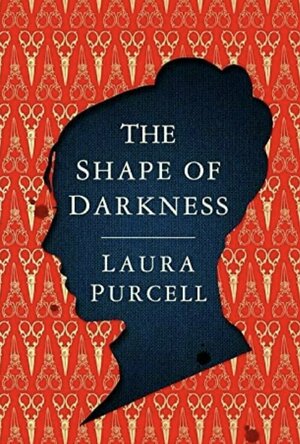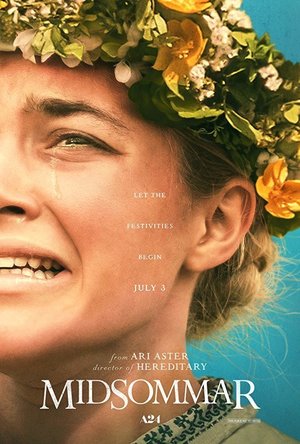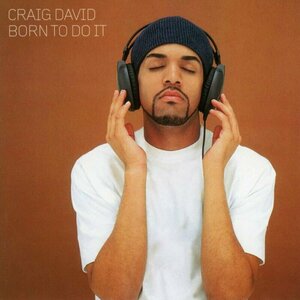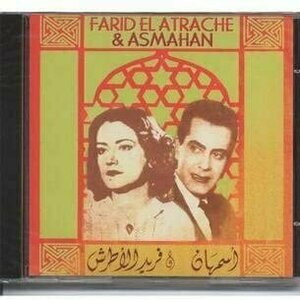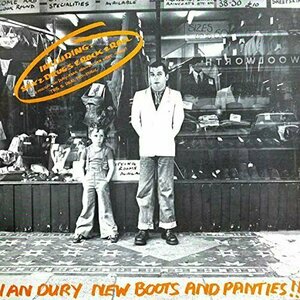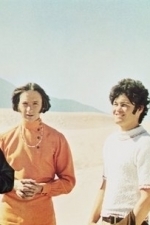Search
Search results
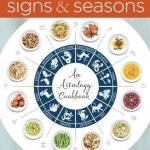
Signs and Seasons: An Astrology Cookbook
Book
Discover how to eat for your sign and nourish your soul in Signs and Seasons, the one-of-a-kind...
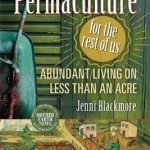
Permaculture for the Rest of Us: Abundant Living on Less Than an Acre
Book
Many of us want to increase our self-sufficiency, but few have access to the ideal five sunny,...
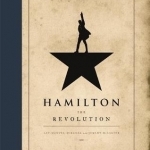
Hamilton: The Revolution
Lin-Manuel Miranda and Jeremy McCarter
Book
Winner of the 2016 Pulitzer Prize for Drama Goodreads best non-fiction book of 2016 From Tony...
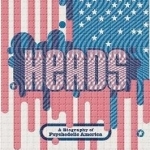
Heads: A Biography of Psychedelic America
Book
Heads: A Biography of Psychedelic America uncovers a hidden history of the biggest psychedelic...
ClareR (6062 KP) rated The Shape of Darkness in Books
Feb 21, 2021
The Shape of Darkness was well worth the wait! I’ve read two of Laura Purcell’s books on The Pigeonhole, so when this book came up on NetGalley, I knew that I had to read it. This has been one of my half term reads, and well worth the wait!
Agnes is a silhouette artist in Victorian Bath, and she struggles to support her sickly mother and her nephew - although his father does contribute some money to help feed and clothe him (and help Agnes and her mother too).
Shortly after one of Agnes’ clients leaves her studio, he is murdered. She then discovers that another client has also been murdered - there is an unnerving pattern forming here, because this is just the start. In order to get some insight, Agnes decides that she should consult a medium. This is where Pearl and her sister Myrtle, a mesmerist-in-training, come in. Pearl is ethereal, a child with albinism, and seems to genuinely possess the gift of communicating with the dead.
This is an unnerving, chilling and at times, quite a scary book. It’s full of the detail of Victorian life too: poverty, class distinctions, the hustle and bustle of a busy Victorian Bath. I loved the dark, gothic feel, too. It contained loads of details of life, of how technology was changing and affecting the lives of Victorians. And it was just a really excellent mystery that kept me guessing to the very end. If you’re going to read it (and I strongly suggest that you do!), just don’t read it with only the little light on if you’re spooked easily!
Many thanks to Raven Books for providing me with an e-book through NetGalley to read and review.
Agnes is a silhouette artist in Victorian Bath, and she struggles to support her sickly mother and her nephew - although his father does contribute some money to help feed and clothe him (and help Agnes and her mother too).
Shortly after one of Agnes’ clients leaves her studio, he is murdered. She then discovers that another client has also been murdered - there is an unnerving pattern forming here, because this is just the start. In order to get some insight, Agnes decides that she should consult a medium. This is where Pearl and her sister Myrtle, a mesmerist-in-training, come in. Pearl is ethereal, a child with albinism, and seems to genuinely possess the gift of communicating with the dead.
This is an unnerving, chilling and at times, quite a scary book. It’s full of the detail of Victorian life too: poverty, class distinctions, the hustle and bustle of a busy Victorian Bath. I loved the dark, gothic feel, too. It contained loads of details of life, of how technology was changing and affecting the lives of Victorians. And it was just a really excellent mystery that kept me guessing to the very end. If you’re going to read it (and I strongly suggest that you do!), just don’t read it with only the little light on if you’re spooked easily!
Many thanks to Raven Books for providing me with an e-book through NetGalley to read and review.
